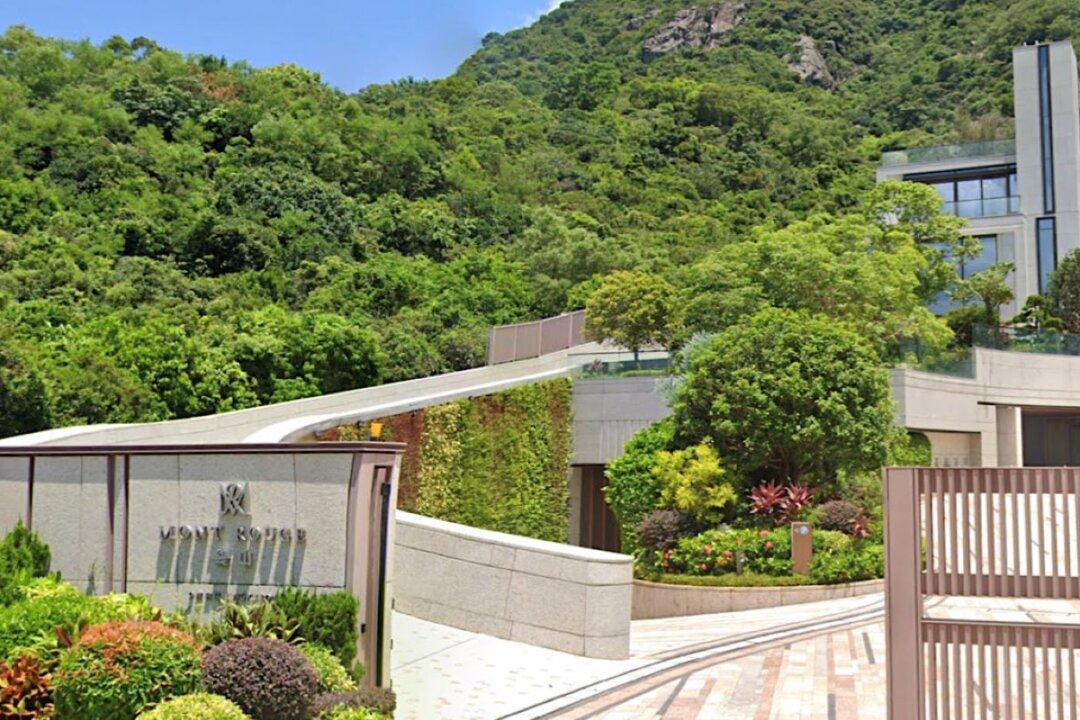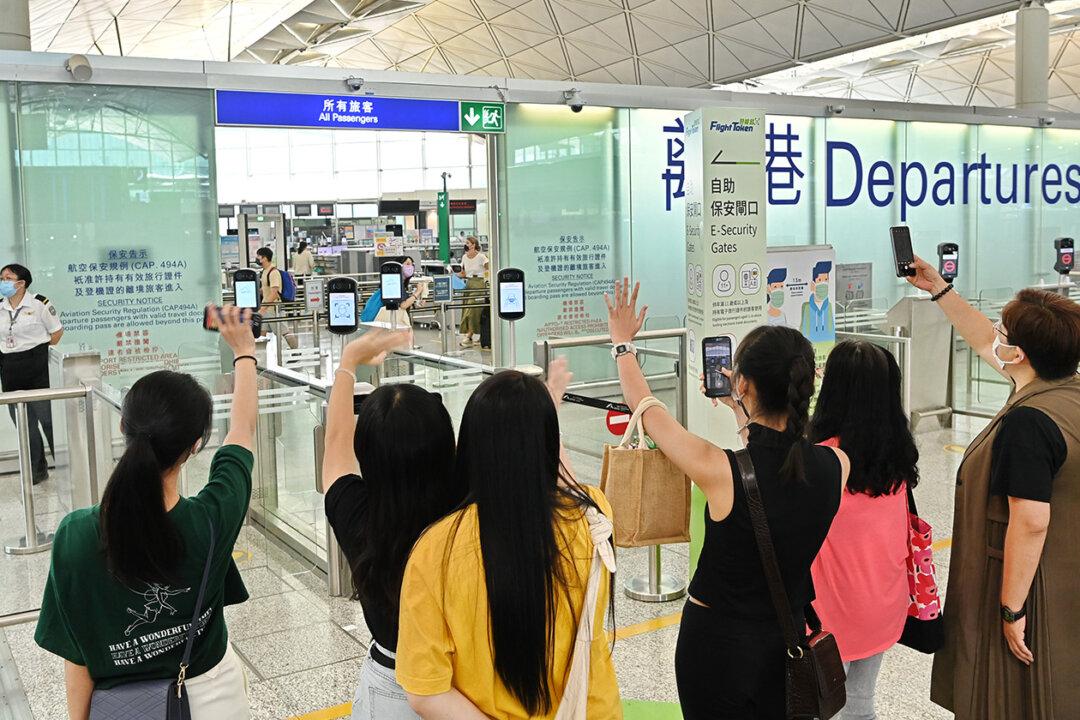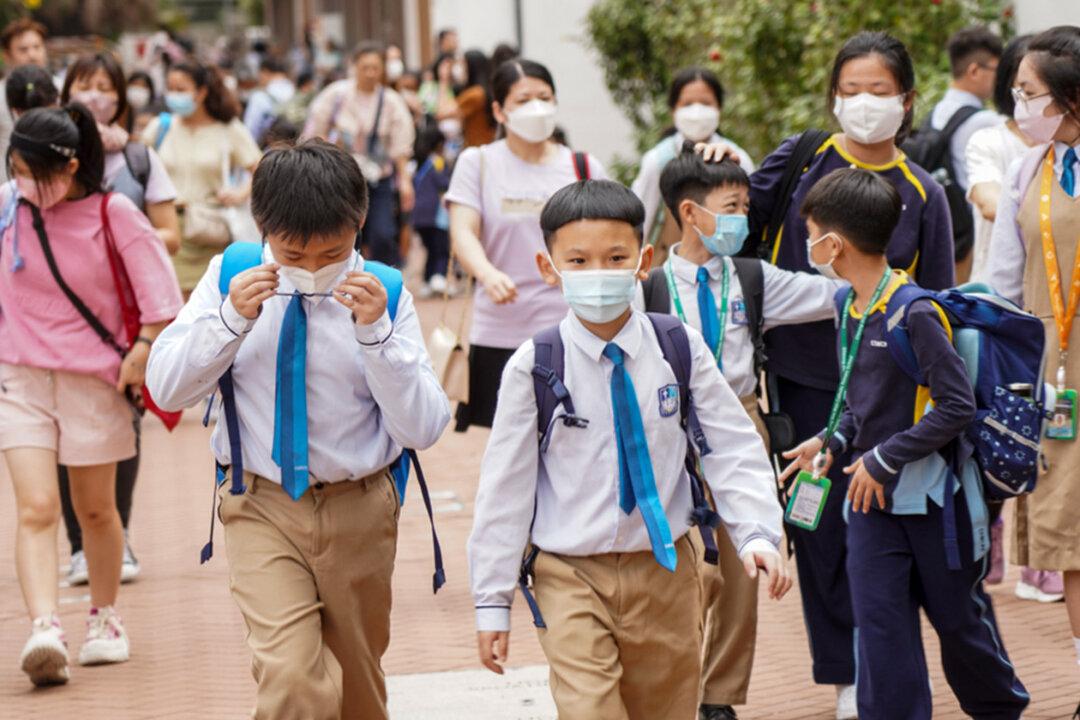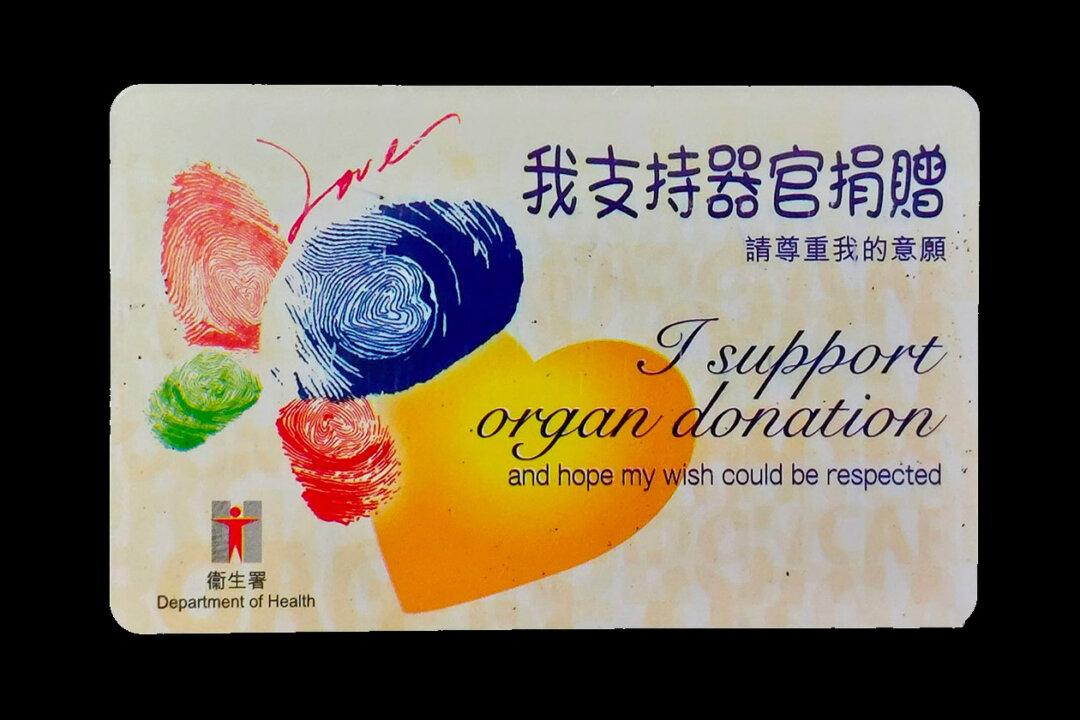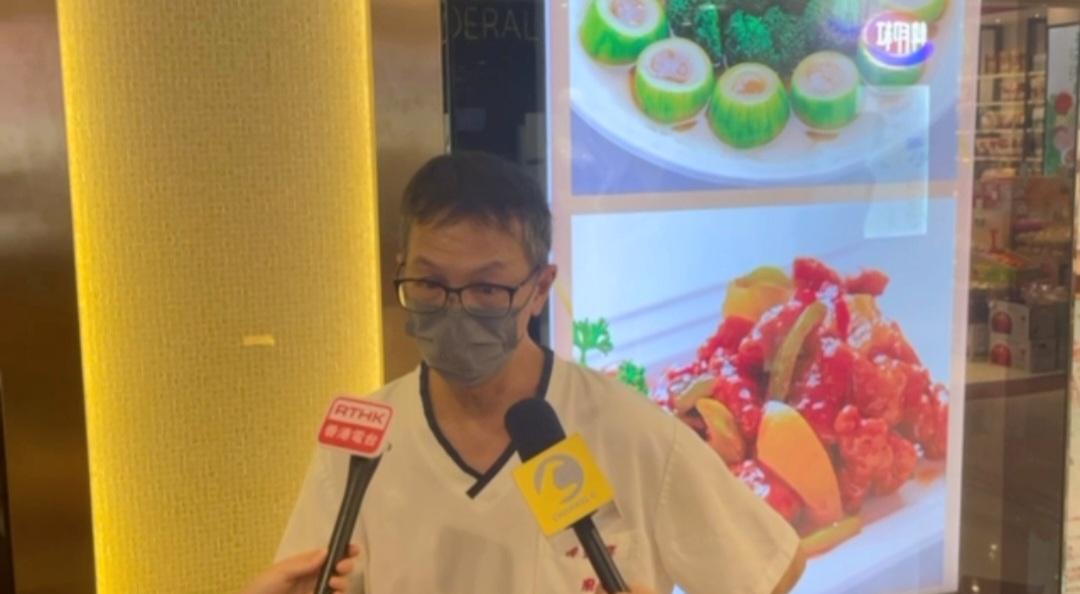The Office for Safeguarding National Security in Hong Kong (National Security Office), established in 2020, purchased a luxury villa in Kowloon Tong, Hong Kong, in October for $64.7 million (HK$508 million).
The National Security Office purchased Villa No 1 in Mont Rouge at No. 9 Lung Kui Road, Beacon Hill, developed by Kerry Properties, and the buyer has 60-days to complete the transaction.
